Article Categories
Hypermobility

June 14th, 2023
How trauma led me to hypermobility movement therapy
“English is my second language. Movement is my first.” Bonnie Bainbridge Cohen. I heard this a while ago and it really resonated with me. I’m not sure where I’d be if I hadn’t found movement therapy. For me, movement is so much more than exercise. It’s so much deeper than simple mechanics.
Read more
May 3rd, 2023
Creating safety in our own hypermobile bodies is key
“When we feel safe, we can be whoever we were meant to be”. Stephen Porges, author of The Polyvagal Theory, said this at an event I attended with him. I have been curious and passionate about creating a sense of safety for myself and my clients since I created my Integral Movement Method.
Read more
April 4th, 2023
Thanks for sticking with me when things got tough
“Thanks for sticking with me when things go tough”. I received this at the end of an email from a lovely EDS client. I work with some very complex cases. There are always going to be ups and downs. A condition like EDS or HSD is never linear. I am prepared for the unexpected.
Read more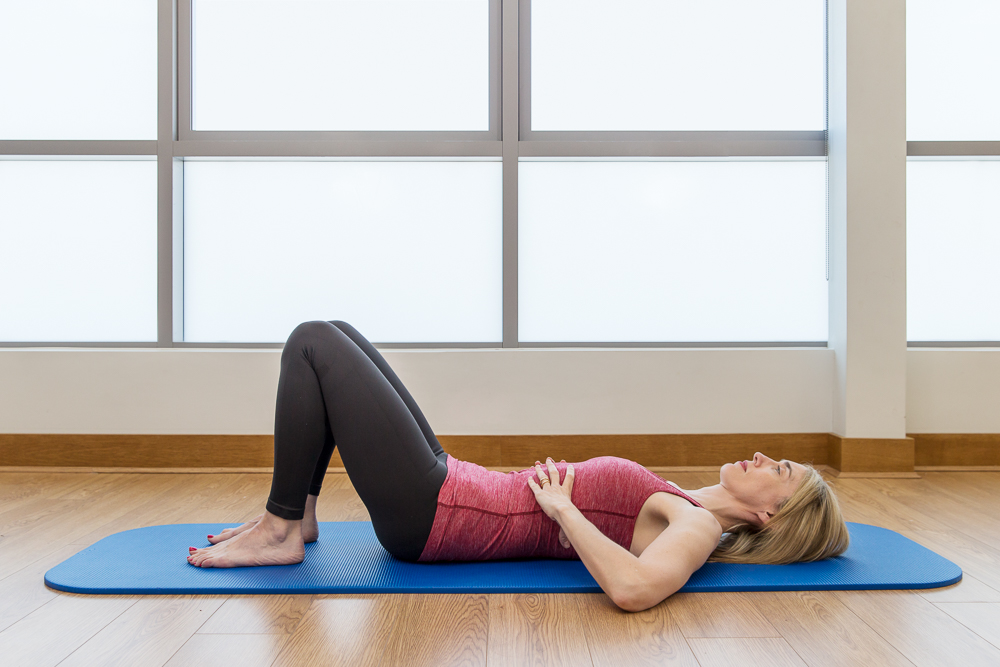
January 24th, 2023
What’s your breath trying to tell you?
Understanding how we breathe and why we breathe the way we do is key to rehab. When I was struggling to find answers and solutions to my pain and undiagnosed EDS symtoms, I was drawn to breathwork as the first step.
Read more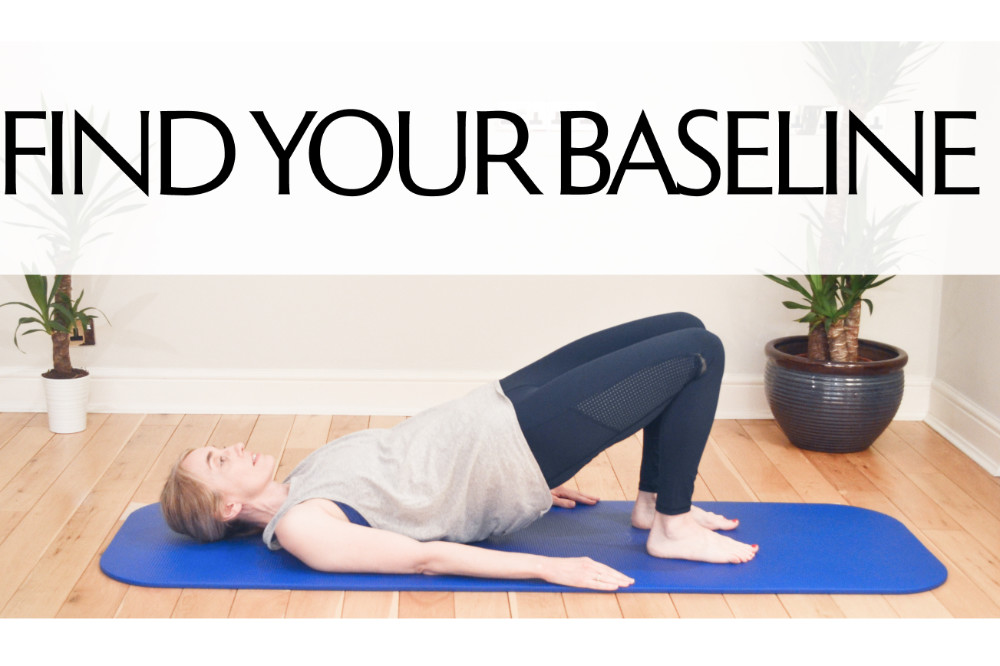
December 15th, 2022
What’s tissue tolerance? Can it help me avoid injury with hypermobility?
Injury prevention – how do we work towards that with hypermobility?
Read more
November 8th, 2022
Should I Squeeze my Glutes when I exercise with hypermobility?
Squeezing, pushing, pulling – all words I try to avoid when teaching my hypermobile clients. Why – because they tend to put more tension into the body rather than helping someone move with ease and less pain.
Read more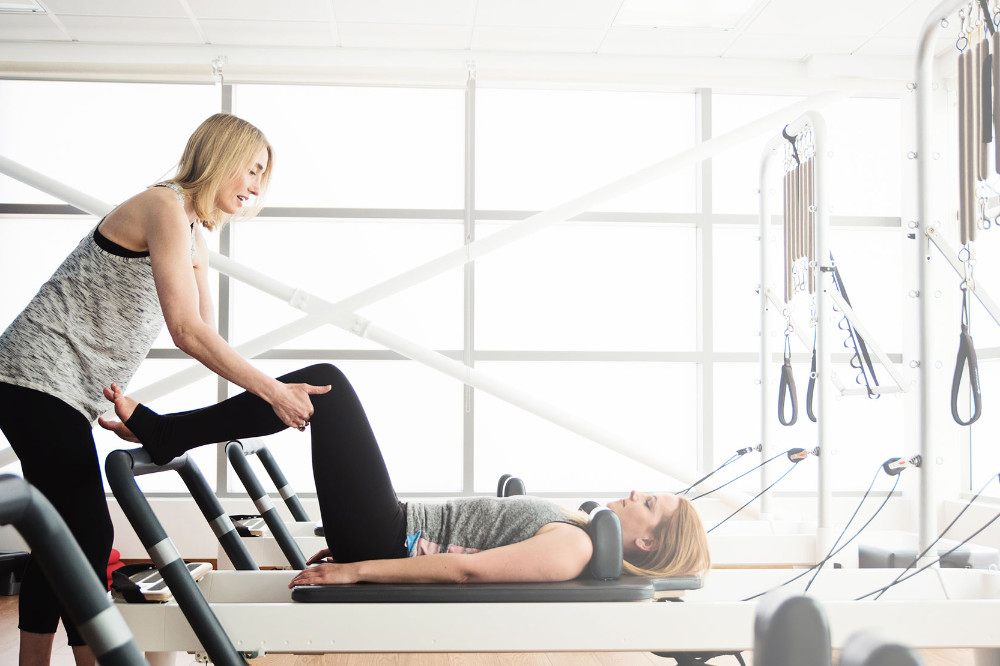
August 22nd, 2022
What really happens when we lock our joints?
What happens when we lock our Hypermobile Joints? As someone who always stood with locked knees and picked things up with hyperextended elbows, changing this pattern was really important for my joint health.
Read more
July 13th, 2022
Chronic Illness Exercise – Do you mourn your previous regime?
What’s your relationship with exercise? Has it changed over the years? Did a chronic illness diagnosis change your approach?
Read more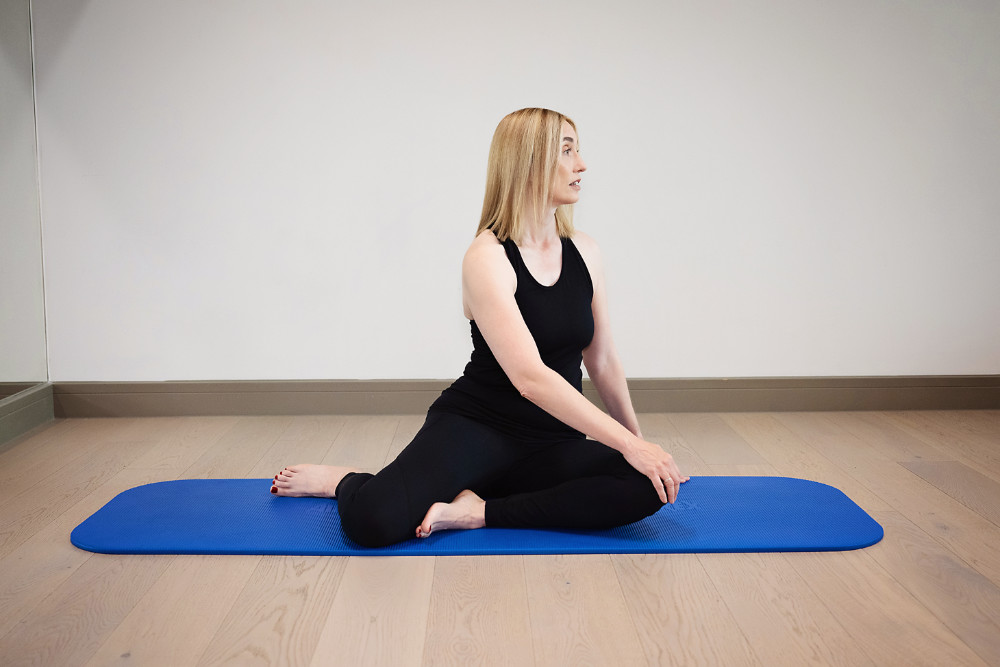
June 8th, 2022
Has the exercise message been movement at any cost?
Have you ever felt the message was ‘movement at any cost? I was speaking with a client recently who felt this was very much the message she had always perceived. We need to exercise, you must do it every day no matter what, even if it takes an hour or more. Regardless of how you feel or what the body is telling you. And if you don’t do them, you are failing or lazy. This is not the way forward. It is not healthy physically or mentally.
Read more
March 21st, 2022
Raising EDS Awareness with Bob and Brad
I am delighted to have teamed up with the most famous physical therapists on the internet (in their opinion of course) – Bob and Brad. If you know them, the theme tune to their famous YouTube channel is probably running through your head right now.
Read more
February 17th, 2022
EDS UK Community Champion Award Winner
I’m super proud and delighted to receive the Community Champion Award fromy Ehlers-Danlos Support UK. Thank you to Anne Lavery and Nikki Casey Eds for a lovely day when I was presented with my award.
Read more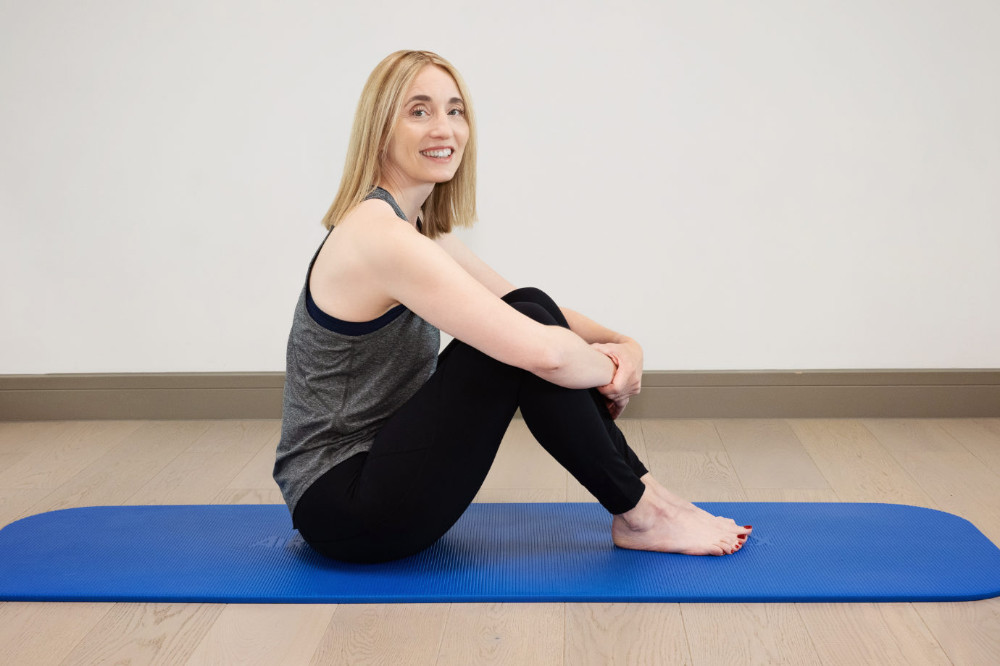
January 25th, 2022
Living with Ehlers-Danlos – A Life in Two Halves
Like many of us, I used to see my life in two halves. Pre motherhood, I lived with symptoms on a daily basis like muscular pain, daily migraines, digestive issues (diagnosed as IBS aged 12). I thought everyone had issues every day.
Read moreThe Zebra Club APP
Hypermobility safe, affordable and effective movement, education and community in the comfort of your own home.
The Zebra Club app is a programme based on the Integral Movement Method. In this programme I will carefully guide you through safe exercises to manage your pain.
Learn moreOr download the App on

